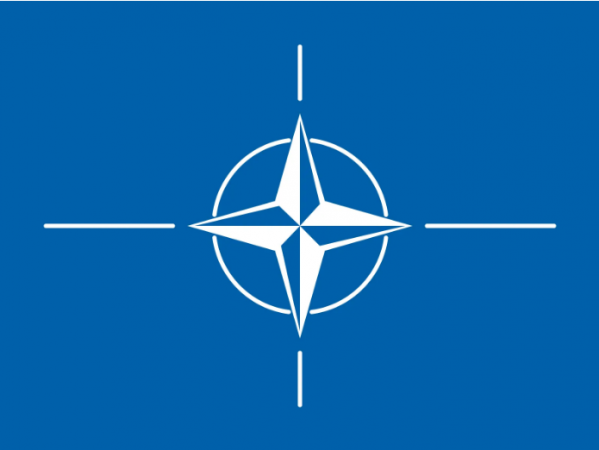
Sweden: Sweden appears to have abandoned both decades of non-alignment and a firm commitment to nuclear non-proliferation. As it previously sought to diminish the role of nuclear weapons in security policies and doctrines in applying to join NATO and having to stomach the alliance's views on security and defence.
Swedish Foreign Minister Ann Linde formally confirmed her government's "interest in receiving an invitation for Sweden to join the North Atlantic Treaty of 1949" in a letter to NATO Secretary-General Jens Stoltenberg on 5 July, which was only recently published by Swedish broadcaster SVT.
Sweden also agreed to contribute its 1.9 percent share of NATO's budget, which, according to William Alberque of the Institute for Strategic Studies, is worth approximately SEK 700 million ($66 million).
However, the nuclear weapons clause has alarmed NATO critics and those concerned about a possible inconsistency between joining NATO and Sweden's long-held belief in nuclear disarmament.
By 1968, when Sweden signed the Nuclear Non-Proliferation Treaty, all plans for a Swedish nuclear weapon had been abandoned. When the National Defense Research Institute (FOA) stopped experimenting with plutonium in 1972, the last remnants of a nuclear weapons plan were abandoned.
Sweden launched the Stockholm Initiative for Nuclear Disarmament in 2019, with 16 non-nuclear nations seeking, among other things, to "reduce the role of nuclear weapons in security policies and doctrines."
"In other words, Sweden is now willing to participate in the use of nuclear weapons," tweeted Beatrice Fihn, Executive Director of the International Campaign to Abolish Nuclear Weapons, which won the Nobel Peace Prize in 2017.
Amineh Kakabaveh, a political maverick and former member of the Left Party whose support was critical in securing Sweden's current leader Magdalena Andersson's appointment as prime minister, reminded followers that on 18 May this year, Andersson announced that Sweden, like Norway and Denmark, would clearly declare that it does not want nuclear weapons or permanent NATO bases on its territory, and wondered what had caused such a U-turn.
Finland and Sweden submitted NATO bids in mid-May, three months after the Ukraine conflict began, effectively abandoning decades of non-alignment and citing a shift in Europe's security situation. Although Turkey initially rejected their bids due to their positions on the Kurdistan Workers' Party (PKK) and its affiliates, which Ankara regards as a terrorist organisation and a threat to its national security, the misunderstandings appear to have been resolved, as both Nordic nations have since been formally invited to the alliance.